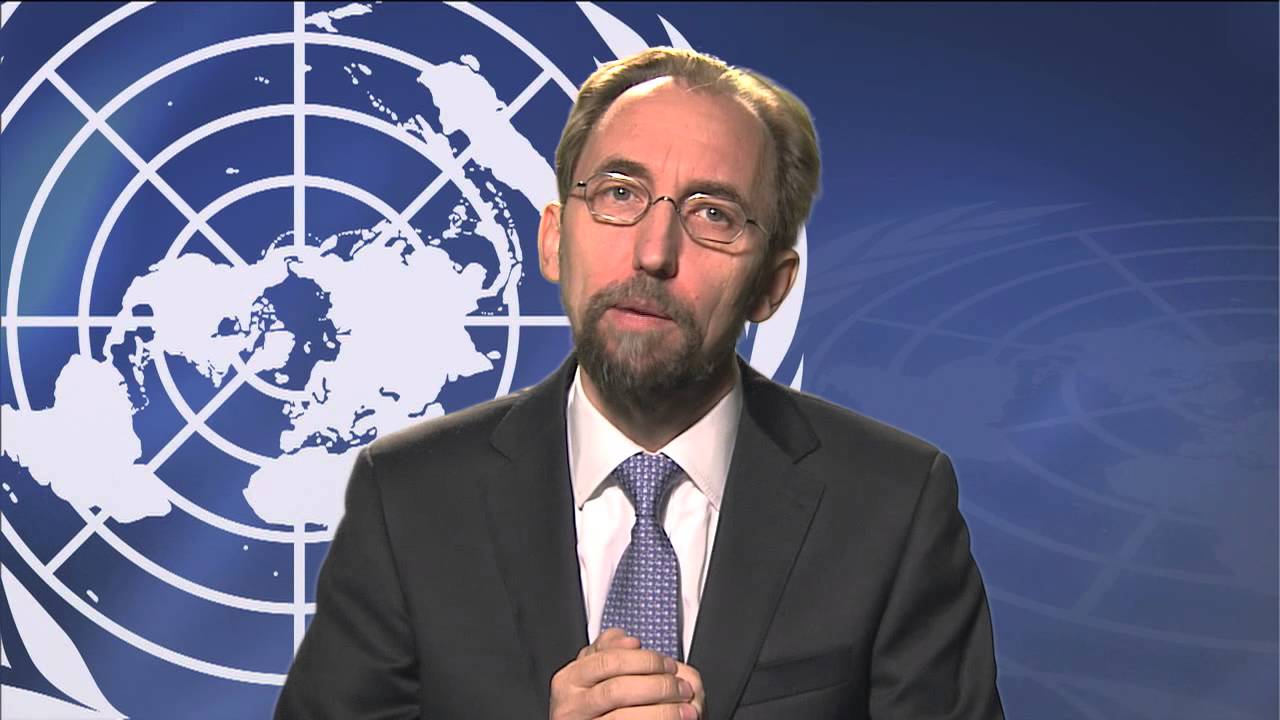GENEVA, (Reuters) – The top U.N. human rights official called on the Trump administration today to halt its “unconscionable” policy of forcibly separating children from migrant parents irregularly entering the country via Mexico.
U.S. officials said on Friday that nearly 2,000 children were separated from adults at the border between mid-April and the end of May as the Trump administration implements stricter border enforcement policies.
Administration officials say the tactic is necessary to secure the border and suggest it will act as a deterrent to illegal immigration.
But Zeid Ra’ad al-Hussein, U.N. High Commissioner for Human Rights, said the policies “punish children for their parents’ actions”.
“The thought that any state would seek to deter parents by inflicting such abuse on children is unconscionable. I call on the United States to immediately end the practice of forcible separation of these children,” Zeid said in his final speech to the U.N. Human Rights Council before his term in office ends.

The U.S. delegation, led by Geneva-based diplomat Jason Mack, did not refer to migration issues in its subsequent speech upholding LGBTi rights and denouncing violence and discrimination against homosexual and transgender people.
Reuters quoted activists and diplomats on Thursday as saying that talks with the United States over how to reform the main U.N. rights body have failed to meet Washington’s demands, especially over its treatment of Israel, suggesting that the Trump administration will quit the forum.
Britain’s foreign secretary Boris Johnson praised the council for shining a light on appalling violations worldwide, saying it was part of the rules-based international system.
But Britain shared the view with the United States that maintaining a permanent agenda item focusing solely on Israel and the Palestinian territories was “damaging”, Johnson said.
Zeid said that “longstanding, grave and systematic” human rights violations continued in North Korea and urged Pyongyang to cooperate with the U.N. investigator on the isolated country whose mandate it does not recognise.
He cited clear indications of “well-organised, widespread and systematic attacks” continuing against Muslim Rohingya in Myanmar, “amounting possibly to acts of genocide”, while conflict has escalated in Kachin and Shan states.
The Myanmar government’s efforts to prosecute perpetrators have lacked credibility and human rights monitors must be on the ground before Rohingya refugees return from Bangladesh, he said.
Myanmar has denied nearly all of the allegations, saying its security forces have been waging a legitimate counter-insurgency operation against what it calls Rohingya terrorists.
Zeid accused China of preventing independent activists from testifying before U.N. rights bodies and voiced concern that conditions were “fast deteriorating” in the autonomous regions of Tibet and Xinjiang.
Yang Zhilun, of China’s Foreign Ministry, did not directly address his remarks, but said that all citizens exercising their right to assembly and demonstration must abide by the law and not harm “national, social and collective rights”.
Zeid urged the 47-member forum to set up international commissions on alleged violations in Venezuela and Nicaragua.
Zeid, whose four-year term finishes at the end of August, received a standing ovation at the end of his remarks.
